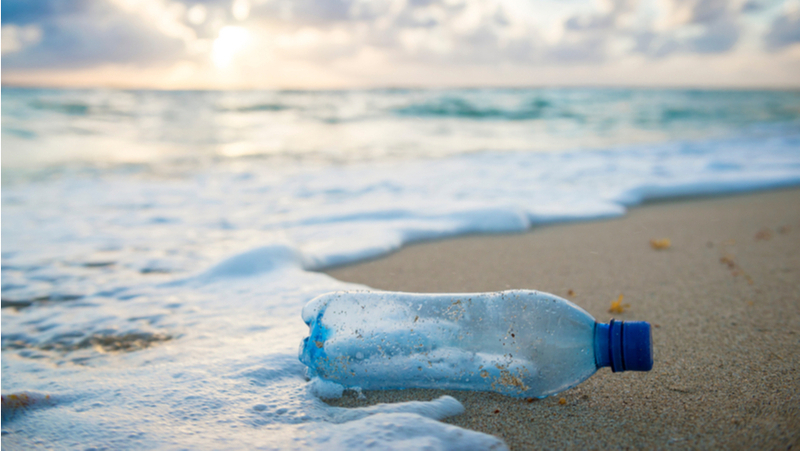
Vodafone Foundation donates €30,000 to support Mozambique over Cyclone Chido
Vodafone Foundation has pledged €30,000 to Save the Children in response to the devastation caused ...

The Implementing Sustainable Low and Non-Chemical Development in Small Island Developing States (ISLANDS) program at $450 million is meant to tackle chemical and waste management in Small Island Developing States (SIDS) globally, with a focus on Caribbean, Pacific and Indian Ocean states.
Waste management is an issue of increasing importance for island nations globally, with growing populations, rapid development and increasing amounts of imported goods all putting pressure on the limited capacity of SIDS to safely manage and dispose of toxic and polluting substances. As of 2019, SIDS produced an average of 2.3 kg of waste per person per day – 48 percent higher than the Organization for Economic Co-operation and Development (OECD) average – much of it from the burgeoning tourism sector.
Speaking ahead of the launch, Saint Lucia’s Minister for Sustainable Development, Dr. Gale Rigobert, emphasized the need for SIDS-appropriate sustainable technologies for waste treatment.
“Saint Lucia, like many SIDS, is heavily reliant on its tourism sector for social and economic prosperity. However, if we continue business as usual with respect to our waste management and disposal practices, we are poised to suffer economic losses to the tune of $28 million per year due to damages stemming from the accumulation of toxic substances and wastes in our environment,” Rigobert said.
Executive Secretary of the Basel, Rotterdam and Stockholm Conventions, Rolph Payet, said the initiative came at an opportune time, with the world increasingly focusing on illegal traffic in waste and the accumulation of plastic, particularly in the oceans.
“The waste challenges facing SIDS are unique due to their remoteness, scarcity of land and access to appropriate technology, and the challenges resulting from economies of scale for waste management, including recycling,” Payet said.
Because of their low economic growth, high density and significant environmental vulnerabilities, many countries in the Caribbean lack the capacity to sustainably manage increasing waste production.
The Global Environment Facility-funded ISLANDS program aims to implement a combination of regional and national solutions for the prevention and management of waste and pollution in the Caribbean. Included amongst its aims is the elimination of over 9,000 metric tons of contaminated material and more than 150,000 metric tons of marine litter from the Caribbean region. A growing number of governments have already undertaken action, particularly on the prevention of plastic pollution in the environment through policies regulating the production and import of plastic.
Anil Sookdeo, Chemicals and Wastes Focal Area Coordinator at the Global Environment Facility, said that managing harmful chemicals and waste was crucial to protect the fragile ecosystems of SIDS.
“As the organization charged with funding developing countries to meet their objectives under a number of environmental treaties, the Global Environment Facility recognizes the importance of this initiative to support SIDS in their work to transform the management of harmful chemicals and waste which will lead to a low chemical development pathway for these countries.”
The five-year program will bring together governments and other stakeholders from across the region to develop and implement regional legislation on chemicals and waste management, including the elimination of persistent organic pollutants, highly hazardous pesticides, and the sound management of e-waste and end-of-life vehicles. It will also improve control on the import of products and support the design of sanitary engineered landfills and sustainable food production systems.
As a result, the project will prevent future build-up of chemicals in the Caribbean environment, ensure the safe management and disposal of chemicals and promote sustainable consumption through circular economy approaches.
Vodafone Foundation has pledged €30,000 to Save the Children in response to the devastation caused ...
The European Commission has adopted a decision to disburse €1 billion in loans to Egypt following ...
Opening the Helwan University clinic brings the total number of Safe Women Clinics to 48 ...


اترك تعليقا